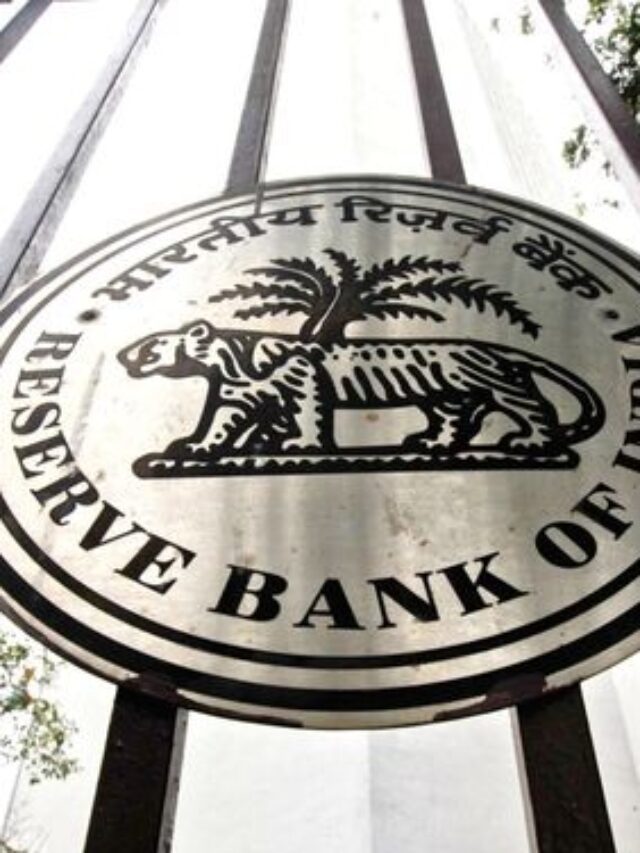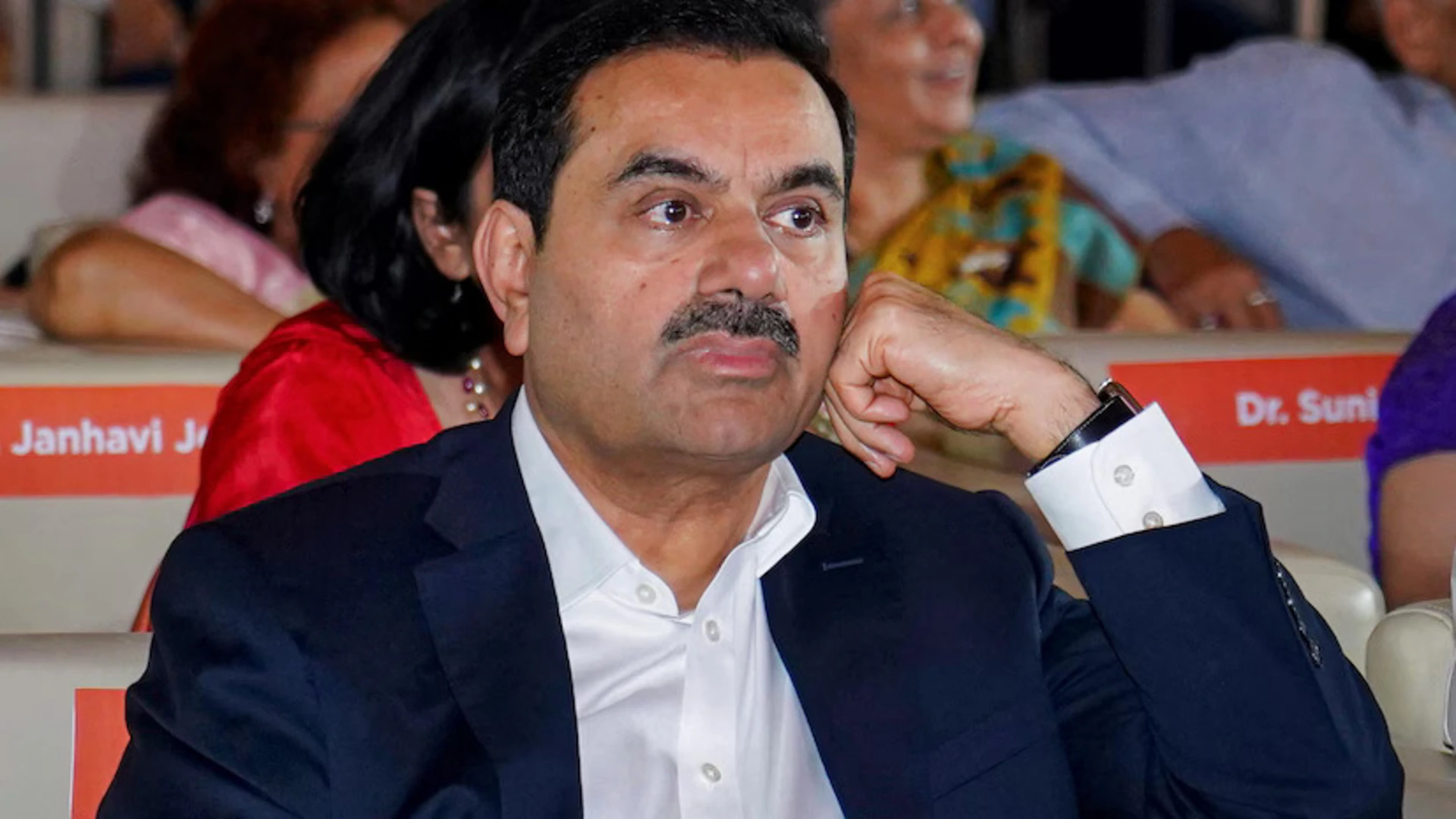
As India is on the verge of becoming the world’s third largest economy, the banking sector is experiencing a decade-high performance in financial metrics, according to Swaminathan J, Deputy Governor of the Reserve Bank of India (RBI). He highlighted the central bank’s efforts to enhance the auditing process to ensure the integrity and stability of financial institutions.
“Auditors and chief financial officers are key pillars of financial integrity and governance in our banking system. Auditors must apply due rigor in their audit processes to mitigate any potential for divergence, under-provisioning, or non-compliance with statutory and regulatory requirements,” said Swaminathan at a conference in Mumbai.
The RBI has introduced several measures to strengthen the auditing framework, including structured meetings between supervisory teams and auditors, exception reporting, and streamlined auditor appointment processes. Swaminathan also warned Chief Financial Officers against the evergreening of loans and fraudulent transactions through certain bank accounts with large corpus amounts without valid reasons.
Swaminathan emphasized the importance of collaboration between stakeholders in the banking financial system. Meanwhile, India’s Financial Inclusion Index (FI-Index) for the financial year ended March 31, 2024, improved to 64.2 compared to 60.1 in March 2023, reflecting growth across all sub-indices, the RBI announced.
The improvement in the FI-Index indicates a deepening of financial inclusion across the country. The national focus on financial inclusion, promoting financial education and literacy, and making credit available to productive sectors of the economy, including the rural and Micro, Small and Medium Enterprises (MSME) sector, have contributed to the improvement in the FI-Index.















